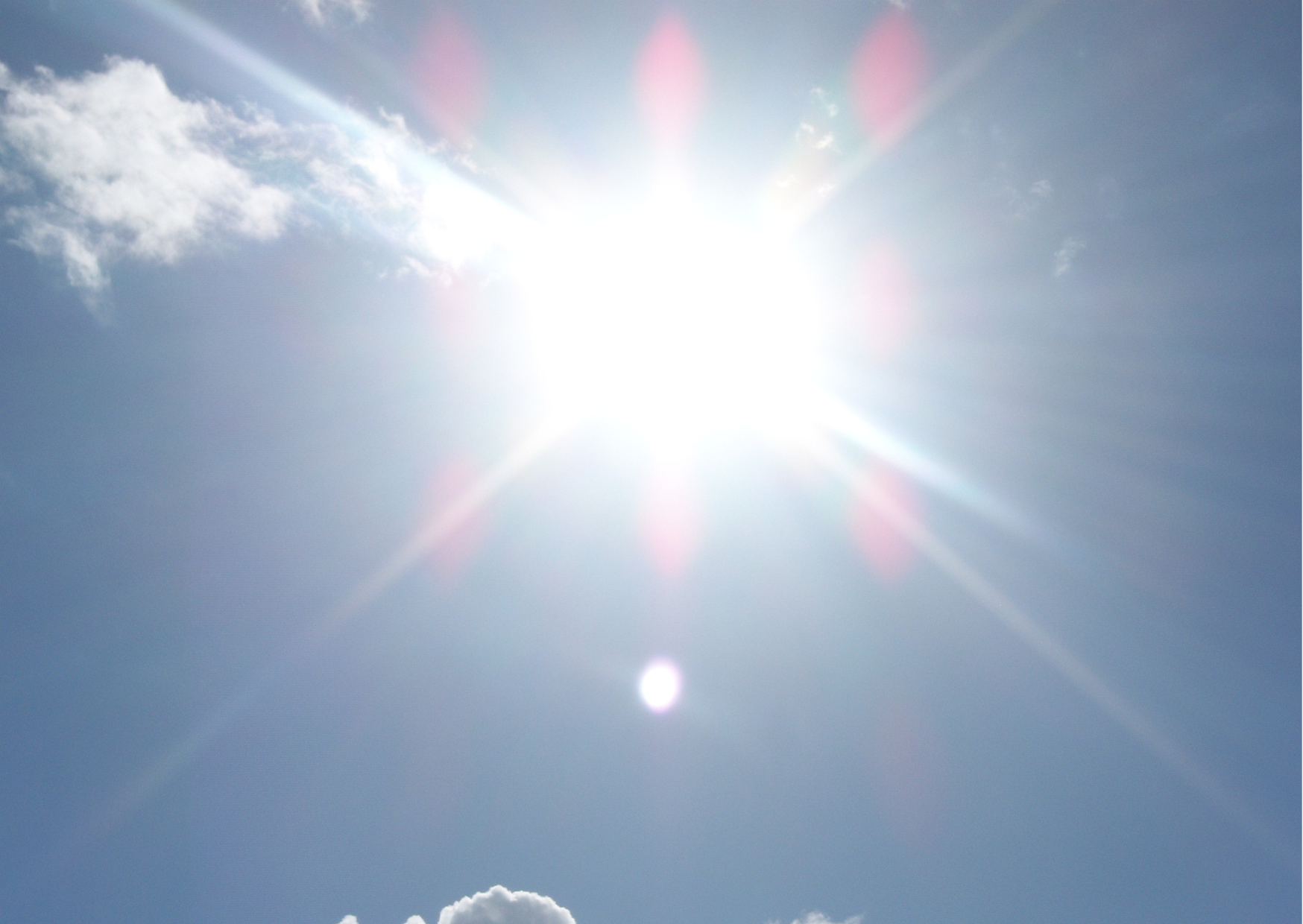
PIH and PIE: Difference and Solution for Both
Do you know the difference between PIH and PIE? If not, don't worry! This blog post will discuss the difference between PIH and PIE and how to treat them. Both of these conditions can be treated with the right products!
Let's get started.
An Overview of PIH
Post-inflammatory hyperpigmentation (PIH) is the darkening of the skin that occurs after an injury to the skin. It can happen after acne, a burn, or even something as minor as picking at a pimple. Darkening occurs when there's inflammation in the skin and melanocytes (the cells that give our skin its color) are stimulated to produce more pigment.
The good news is that PIH is not permanent and will eventually fade on its own. However, it can take months or even years for the pigmentation to disappear completely. And in some cases, PIH can lead to permanent scarring.
An Overview of PIE
Post-inflammatory erythema (PIE) is a condition that results in red or purple discolouration of the skin. It is commonly seen after injuries, such as burns, insect bites, and chemical peels. PIE can also occur after procedures like laser treatments and dermabrasion.
PIE is different from post-inflammatory hyperpigmentation (PIH), which results in brown or black Skin Discoloration. Both conditions are benign and usually resolve independently with time; however, treatments are available to speed up the healing process. Therefore, you must be careful when picking the right products for your skin.
Difference Between PIH and PIE
Here are the main differences between PIH and PIE:
- PIE is often red or pink, while PIH can be any colour.
- PIE can occur anywhere on your body but you will most likely get it on your face.
- PIE will usually go away within a few weeks with no treatment.
- PIH may last for months or even years ; if you don’t follow any treatmet.
- The main difference between PIH and PIE is that PIE will go away on its own, while PIH will not.
Also read: What is Post Inflammatory Hyperpigmentation? Causes & Treatment for PIH
How to Identify PIE and PIH Marks?
Different causes of PIE or PIH can help you know what kind of acne marks you have.
Causes of PIE
1. Skin Related Trauma
PIE can be caused by any sort of skin trauma, including but not limited to:
- Abrasions
- Burns
- Cuts
- Insect bites
- Rashes
- Surgery
2. Popping Pimples
While touching your face or picking at pimples may feel satisfying, it can worsen your skin condition. Popping pimples can cause the bacteria to spread, which might lead to PIE.
3 . Over Exfoliation
Over-exfoliation is another major cause of PIE. When you over-exfoliate, you are essentially causing trauma to the skin. This trauma can manifest in the form of micro-tears, which then leads to inflammation.
4 . Dry Patches
Dehydrated skin appears dry, rough and flaky. It can feel tight, especially after cleansing. Your skin may lack moisture due to external factors such as cold weather, indoor, indoor heating, or internal factors that can lead to PIE.
Causes of PIH
1. Sun Exposure
One of the most common causes of post inflammatory hyperpigmentation is sun damage. When the skin is exposed to UV rays, it can result in inflammation and ultimately lead to PIH.
2. Ageing
As we age, our skin becomes thinner and less able to repair itself as quickly. This can lead to post-inflammatory hyperpigmentation after even minor injuries to the skin.
3. Heavy Skin Treatments
Post-inflammatory hyperpigmentation (PIH) can cause heavy skin treatment. If you overuse the exfoliants, harsh acids, physical scrubs, and retinoids, it can lead to inflammation and damage your skin. This can result in PIH.
Post Inflammatory Erythema Treatment Products
For treating PIE, it is essential to use products that contain ingredients that will help to soothe the skin and promote healing. Some of these ingredients to look for in post-inflammatory erythema treatment products include:
➔ Vitamin C: Vitamin C is a potent antioxidant that can help reduce inflammation and heal your skin.
➔ Niacinamide: Niacinamide is another ingredient that is effective in treating PIE. It helps to reduce inflammation and redness and also helps to lighten dark spots.
➔ Hyaluronic Acid: Hyaluronic acid is a substance that occurs naturally in the skin. It will hydrate and plump your skin, resulting in reduced scars on your face.
Also read: Benefits Of Hyaluronic Acid for Skin
➔ Allantoin: Allantoin is an ingredient that helps to soothe and protect the skin. It can help to reduce redness and inflammation.
Post-inflammatory Hyperpigmentation Treatment Products
Many products are available on the market that can help fade PIH. It is crucial to choose the products that contain ingredients such as:
➔ Kojic Acid:Kojic acid is a natural ingredient derived from mushrooms. It works by inhibiting the production of melanin, the pigment that gives skin its color.
➔ Hydroquinone:Hydroquinone is a synthetic ingredient that works as a bleaching agent on your skin. It is available in over-the-counter products in concentrations of up to two percent.
➔ Retinol:A powerful ingredient that can help improve the appearance of PIH is retinol. Retinol is a Vitamin A derivative and works by increasing cell turnover. This can help to fade dark spots and even out skin tone.
➔ Alpha Arbutin:Alpha arbutin is a powerful ingredient that can help with both PIH and PIE. It works by inhibiting melanin production, which helps lighten dark spots and even skin tone. It's also an anti-inflammatory agent that helps reduce redness and swelling. Do check new dark spot and hyperpigmentation correcting power serum by The Pink Foundry
The Bottom Line
The difference between PIH and PIE is that PIH is characterized by red or brown patches on the skin, while PIE is characterized by discoloration or lightening of the skin. The best way for you to treat both conditions is to avoid sun exposure and use sunscreen from Pink Foundry religiously. For more severe cases, you can try a variety of over-the-counter treatments or see a dermatologist for prescription options.
FAQs
What is the difference between PIH and PIE?
PIH (Post-Inflammatory Hyperpigmentation) causes brown/dark spots due to excess melanin after skin inflammation. PIE (Post-Inflammatory Erythema) appears as red/pink marks from damaged blood vessels. PIH responds to brightening agents, while PIE improves with anti-inflammatory treatments.
Can I use niacinamide for PIE?
Yes, niacinamide helps reduce redness, strengthen the skin barrier, and repair damaged capillaries, making it effective for PIE. It also soothes inflammation and prevents future irritation.
What is PIE full form in skincare?
PIE stands for Post-Inflammatory Erythema, referring to red or pink marks left on the skin after acne or irritation. It results from damaged blood vessels, not excess melanin.
Can I use alpha arbutin for PIE?
Alpha arbutin primarily targets hyperpigmentation (PIH) rather than PIE. Since PIE is linked to blood vessel damage, soothing and anti-inflammatory ingredients work better than brightening agents.
Does vitamin C help with PIE?
Yes, vitamin C helps reduce redness and repair damaged skin by boosting collagen production and reducing inflammation. It can gradually improve PIE but works best alongside niacinamide.
Does PIE turn into PIH?
Yes, PIE can eventually turn into PIH if exposed to UV rays or further skin irritation. The redness may fade into brown pigmentation due to increased melanin production.
What is the difference between post-inflammatory hyperpigmentation and hyperpigmentation?
PIH occurs after inflammation or acne, while hyperpigmentation includes all types of skin darkening, such as melasma, sunspots, and freckles. PIH is temporary, but general hyperpigmentation can be long-term.
Which serum is best for PIH and PIE?
For PIH, use serums with alpha arbutin, niacinamide, vitamin C, and kojic acid. For PIE, opt for niacinamide, azelaic acid, centella asiatica, and peptides to reduce redness.
Is vitamin C or niacinamide better for PIE?
Niacinamide is better for PIE as it reduces redness, strengthens the skin barrier, and soothes inflammation. Vitamin C also helps but is more effective for brightening and collagen repair.






















































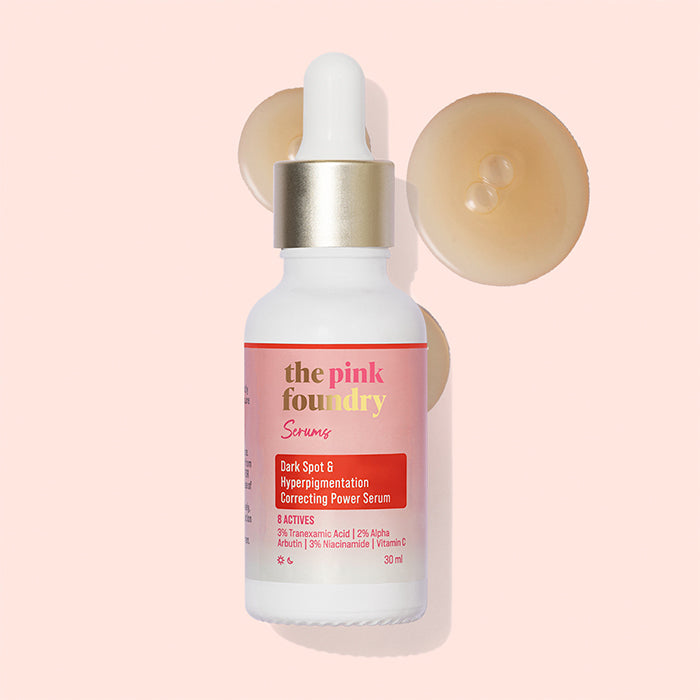
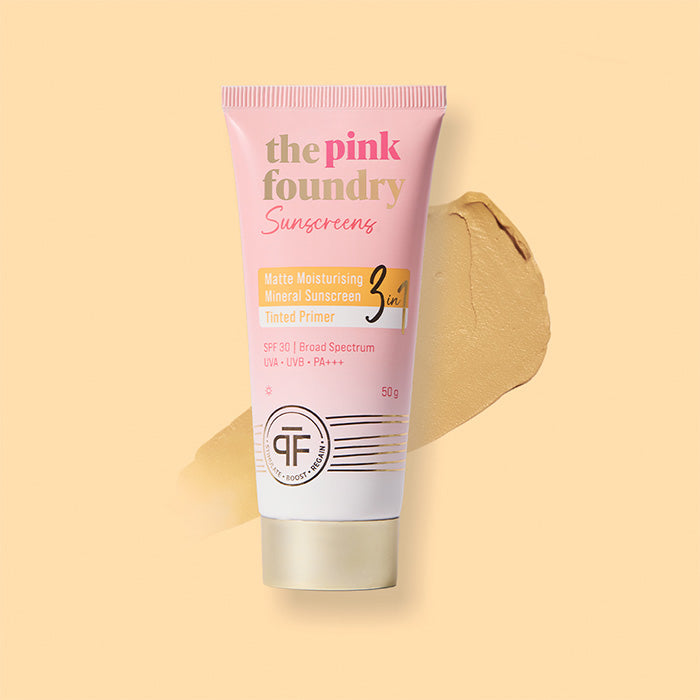
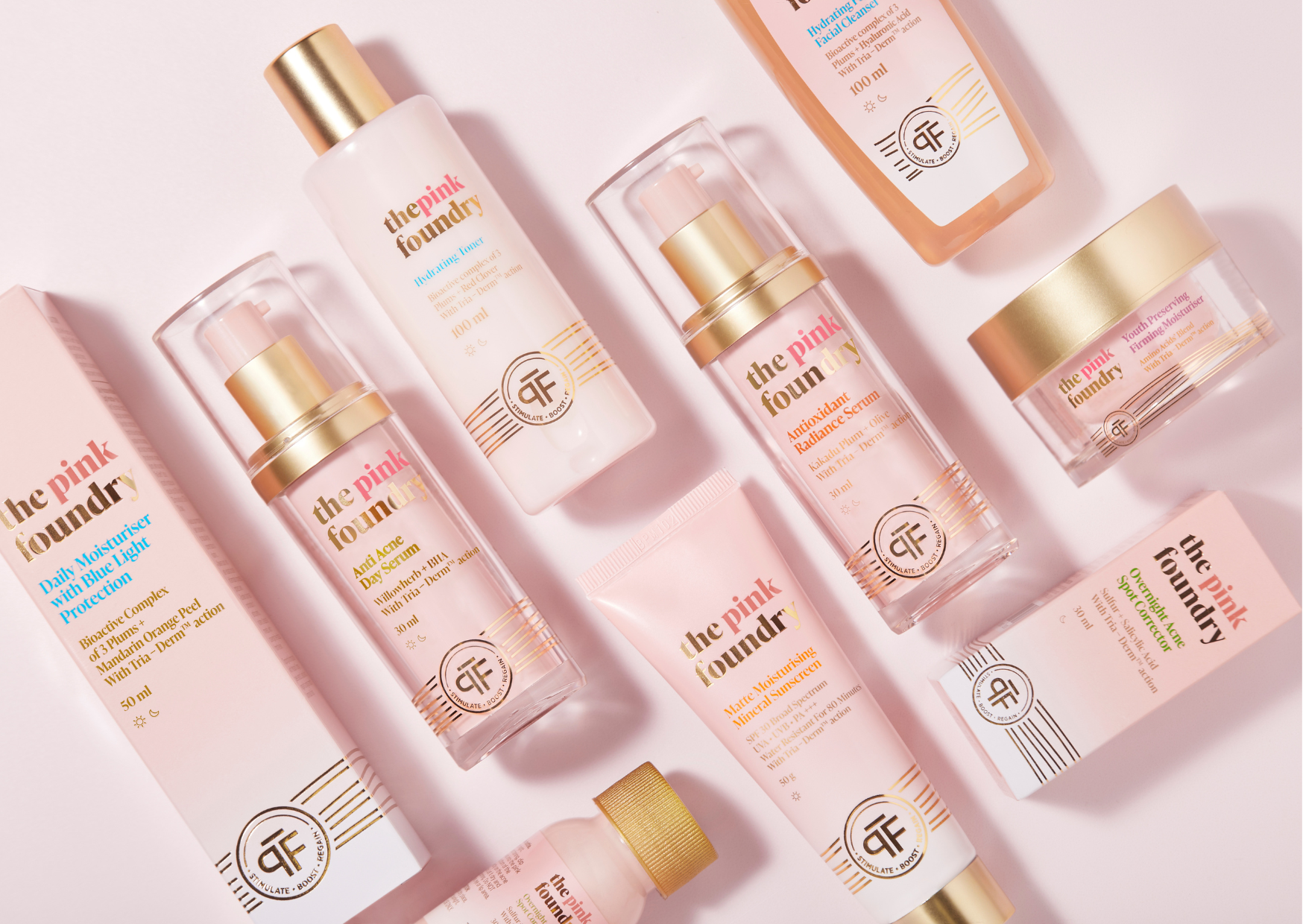
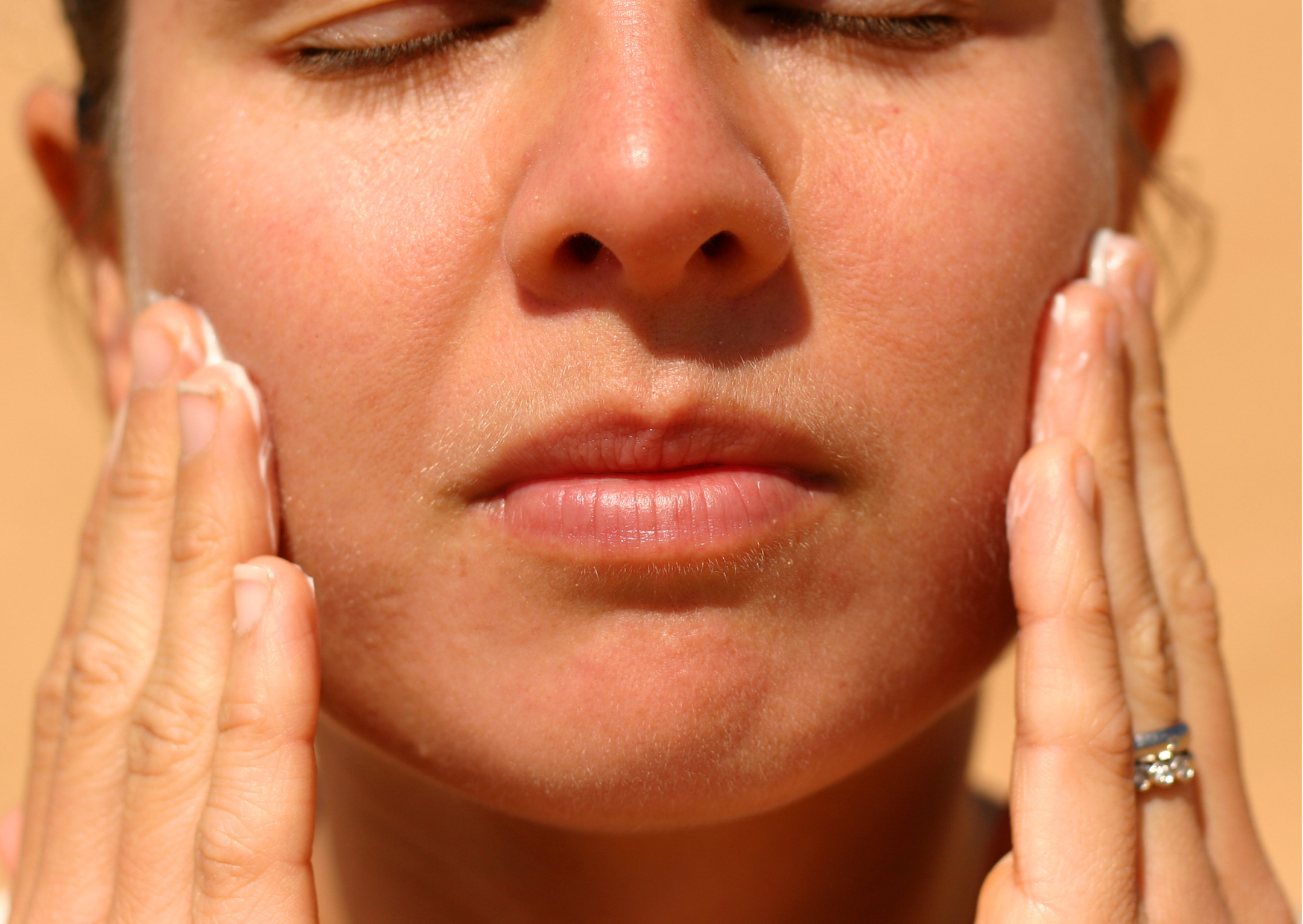
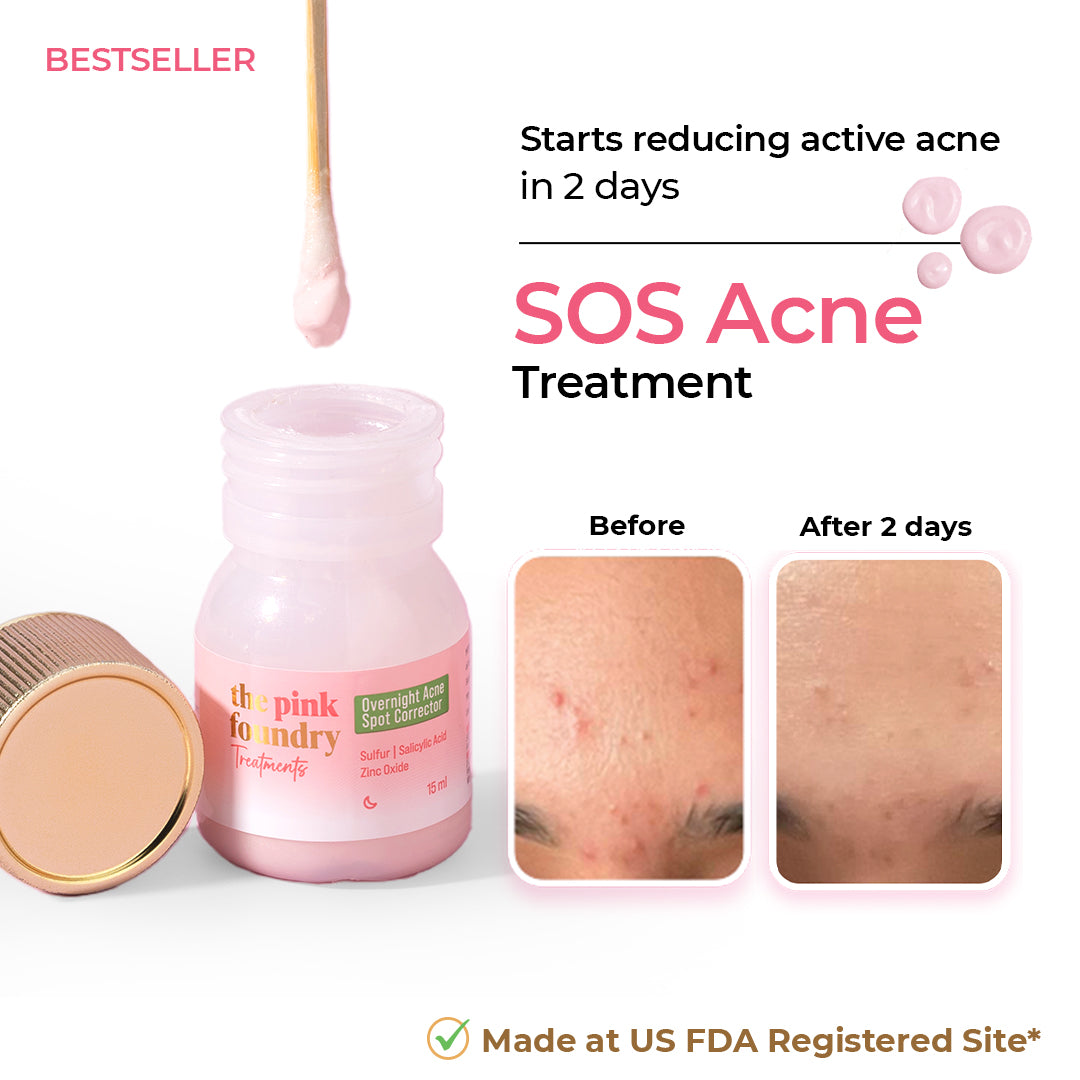
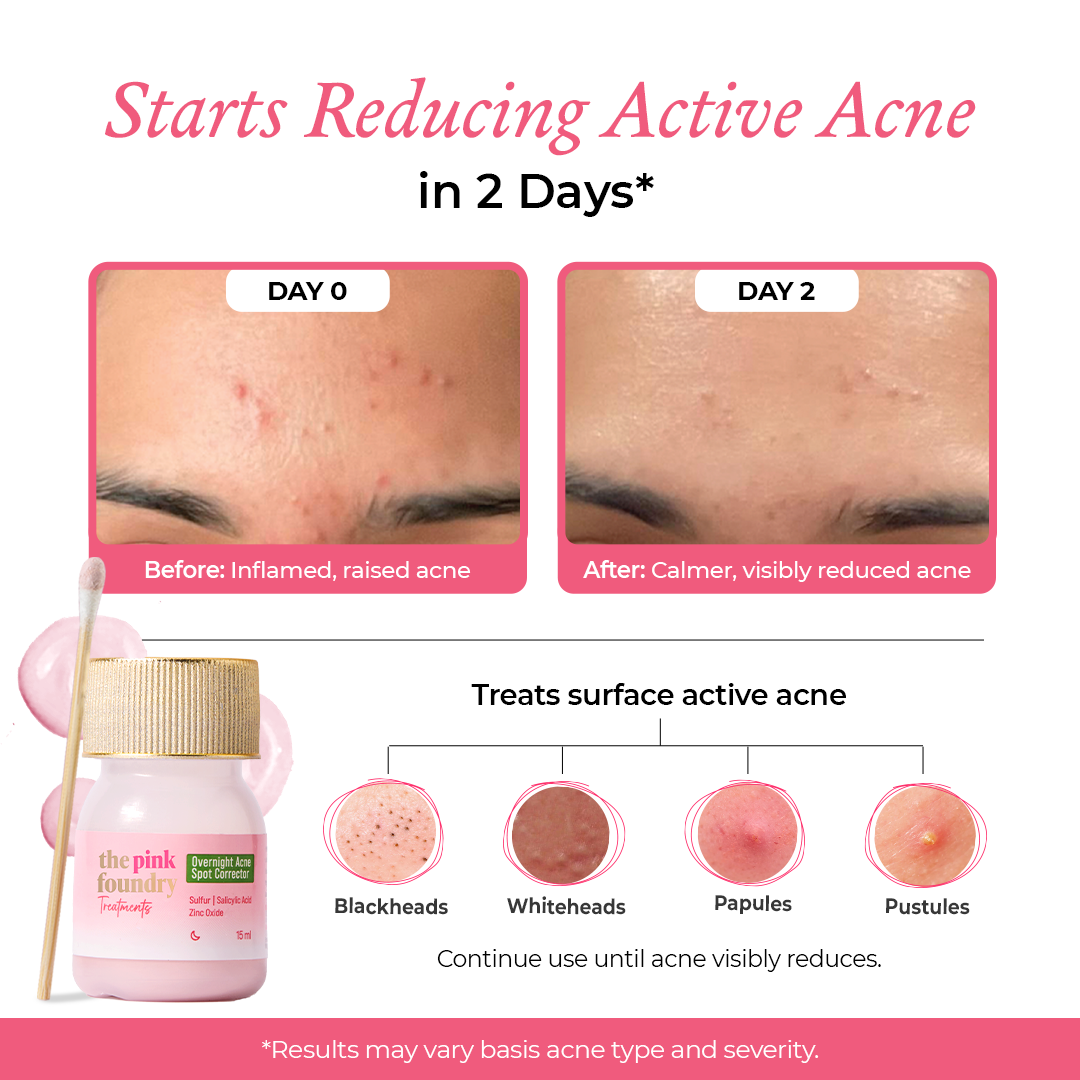


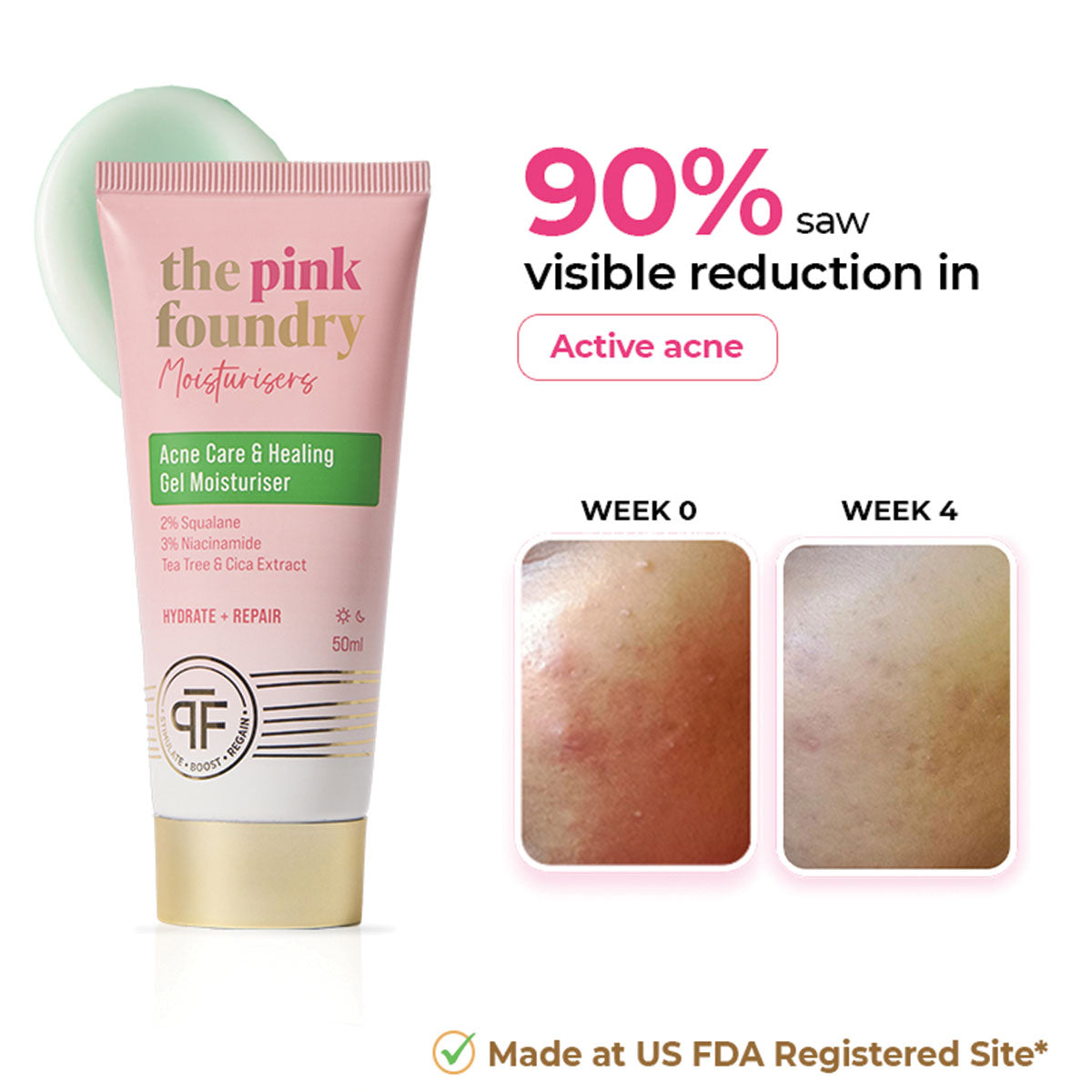
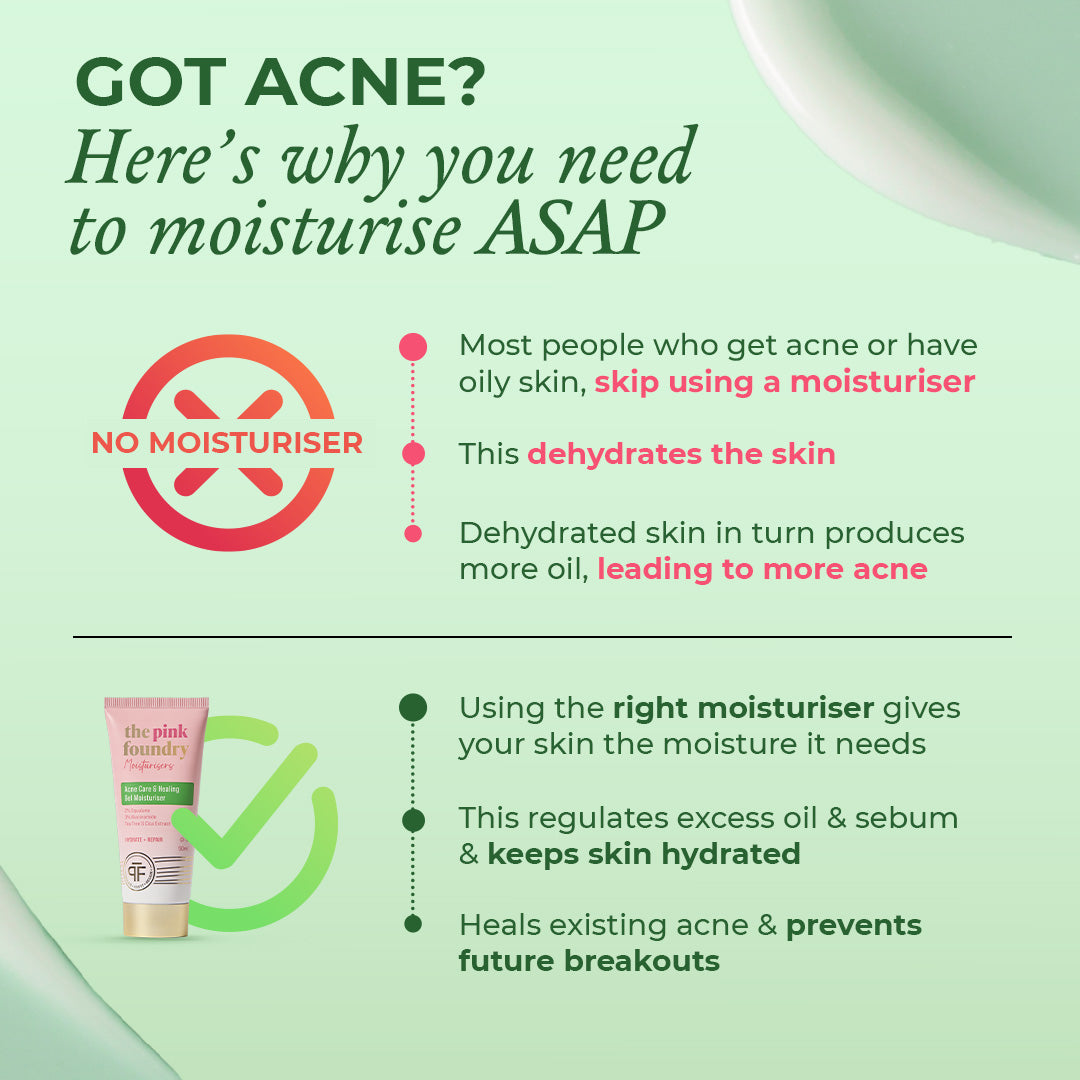










Leave a comment
This site is protected by hCaptcha and the hCaptcha Privacy Policy and Terms of Service apply.